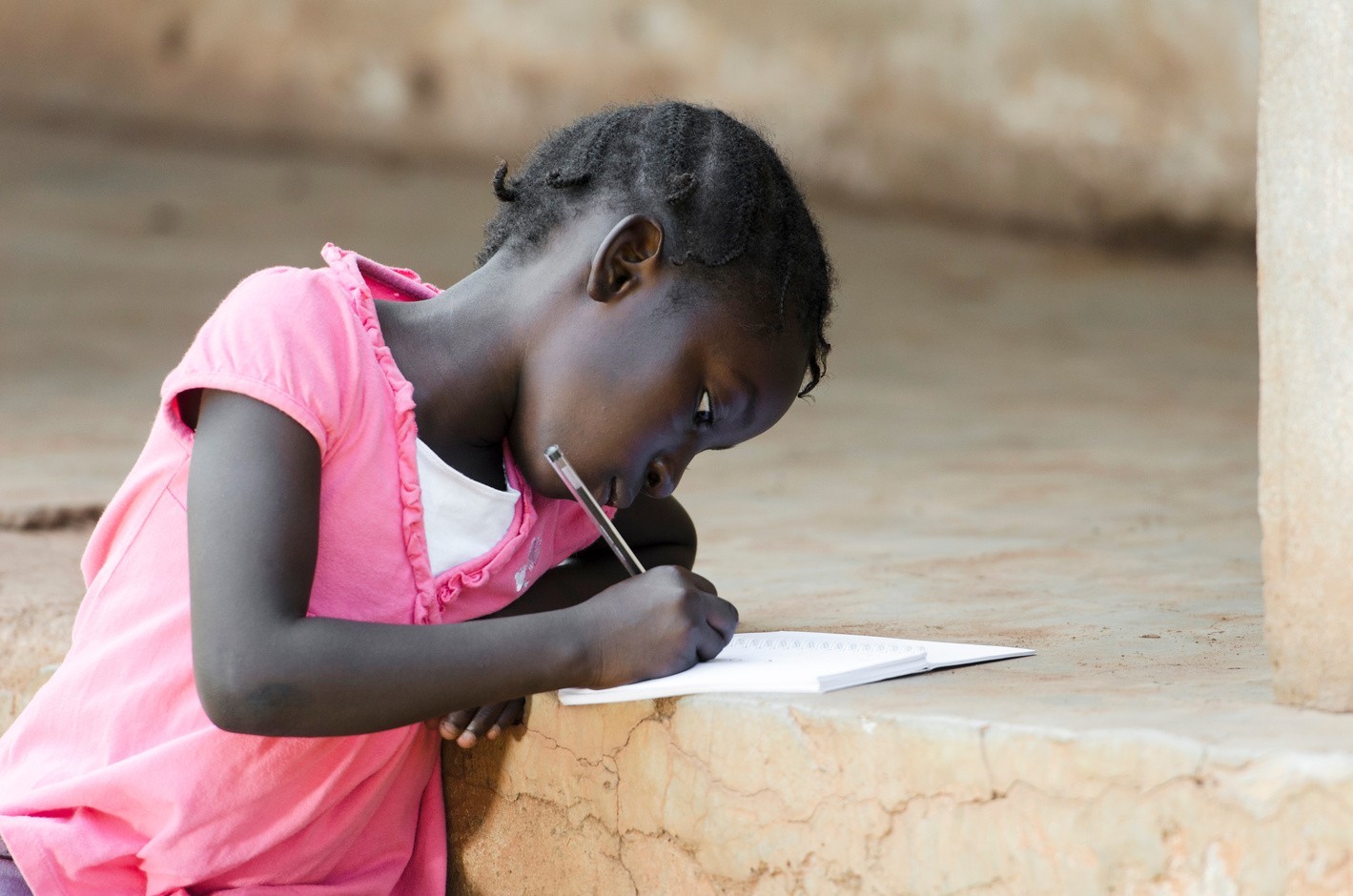The Importance of Education In Developing a Nation.
by Carla Klaasen, Dream Rite Content Writer
Eradicating poverty and providing equitable and inclusive education are two of the Sustainable Development Goals (SDGs). Nevertheless, why is education so quintessential to the world, especially developing countries? According to The World Bank, a productive future worker is an individual in total health and completed quality education. Hence, education is the mechanism of change globally, the method through which equality and sustainable development can be reached. More accessible education could severely lighten the burden of poverty on generations of people and serve as an impetus for a flourishing economy. Furthermore, providing educational opportunities for underprivileged communities could massively improve the community's health, diminish wealth inequality, and empower people with self-determination.
#1 Ending Cyclical Poverty:
Poverty, especially cyclical poverty, plagues developing nations, and universally accessible, quality education allows individuals to break free of the cycle. According to a UNESCO report, 264 million adolescent children were out of school at the end of 2015. The out-of-school rate in Sub-Saharan Africa reached above 50% when children reach secondary school. The rates are even higher for girls in some regions. The problem with trends like these is that most children will never complete their education and have basic literacy skills, impeding their future job prospects and the opportunity for self-determination. However, the more detrimental reality is that their children’s prospects and the likelihood of education are curbed as well. A GEM Report showed that the poorest 20% of families’ children are eight times as likely to be out of school as the most affluent 20% of families. Therefore, a child robbed of their education today will deprive many more children of their chance at education and self-fulfillment down the line.

Nonetheless, there is hope on the horizon: accessible and affordable education. According to UNESCO, increasing the number of years of schooling for adults 15 years and older can lift 60 million people out of poverty. Even more astonishingly, poverty could be halved if all adults receive a secondary education (more than 450 million people). Hence, it is of utmost importance that both governments and other organizations provide less fortunate children with the opportunity to procure an education, regardless of the many challenges there are to overcome in the process. Specifically, since the most impoverished countries have the highest out-of-school populations, education must become the primary focus when discussing future progress for these regions.

#2 Serving and the Imputes for Economic Development:
A country's development is fundamentally based on people and their resources, or the community's ability to allocate these scarce resources efficiently; hence, education is essential to train people to innovate and stimulate the economy. Thus, education is of utmost importance in alleviating destitution on a larger scale, and reducing gender and wealth inequality is its principal role in facilitating economic growth. Job creation has shown to be the most effective way of promoting economic growth since it creates money for the firms that can further develop. It generates disposable income that can be reintroduced into other expanding markets. According to "Reducing global poverty through universal primary and secondary education," education contributes to expediting the economy in two crucial ways, (1) education provides the necessary skills, and (2) it reduces income inequality. Montenegro and Patrinos determined that one year of education equals between 10% and 13% higher in Sub-Saharan Africa. Furthermore, education and literacy protect individuals from exploitation in the labor market, providing them bargaining power and the business savvy to negotiate their working contracts and conditions. Furthermore, education has been shown to ameliorate income inequality, so providing equal access to children of different socio-economic backgrounds is essential to surmount inequality and poverty.
#3 Generating Long-Term Health Benefits for the Community:
Education also contributes to physical health by preparing people more thoroughly for family members' ailments through basic medical knowledge and the financial power to help. Furthermore, increased access to education could help reduce STDs, specifically HIV and AIDS, through sex education and health services.
Increased access to education will also positively affect impoverished women in their quest for self-determination by empowering women economically and providing them with more opportunities to make choices. For example, in Pakistan, according to a 2014 UNESCO study, only 30% of women with lower secondary education believe they have a say in the number of children they have, compared to 63% of women with secondary education. Moreover, in Sierra Leone, an additional year of schooling reduced women's tolerance of domestic abuse from 36% to 26%. In India, literacy programs resulted in 41% of women, compared to 19% of women, attending village council meetings. Furthermore, access to proper sex education and schooling opportunities could also reduce the number of child marriages by providing them with other alternatives, according to the World Bank. Child marriage reduces the likelihood of girls completing secondary school, decreases their earning potential, and increases their risk of domestic violence. The most practical way to end child marriage is to prioritize girls’ education since each year of secondary education decreases the likelihood of child marriage by more than 5%. Moreover, emphasizing the equal opportunity for girls to become educated will further stimulate the economy by allowing women to break into male-dominated fields, which diversifies and strengthens the marketplace.

Conclusion:
Though it would be a gross underestimation to assume that providing children with their right to education will be effortless, there is no reason to believe it to be impossible. Firstly, according to the UNESCO study, cutting down on the direct and indirect costs disadvantaged families face is essential to educating the world. For example, after tuition fees were abolished for the 40% of most impoverished South African families, attendance for grades eight through ten increased by over 3% nationwide. Indirect cost reduction is also of carnal importance, such as cash transfers, scholarship programs, and incentives for students. Furthermore, besides getting more families to enroll in school, efforts need to be made to address the barriers preventing children from continuing with school. A lack of proper nutrition, few home resources, or school supplies prevents students from completing their schooling. In addition, good curricula, teacher training, and an end to discrimination and stigmatization are essential to reach our goal of providing all children with an equal opportunity to become educated. Even with the disheartening barriers, policymakers and non-governmental organizations are working hard to enroll and keep children in school.
Further Reading and Sources:
- Educating Girls, Ending Child Marriage. World Bank
- Human Capital. World Bank
- 10 Benefits of Education in Developing Countries. The Borgen Project, Jennifer Philipp
- Reducing global poverty through universal primary and secondary education. UNESCO
- Why Focus on Learning? World Bank Blogs





ratingvug2025-11-26 18:58:06
https://telegra.ph/Top-kazino-11-14-2